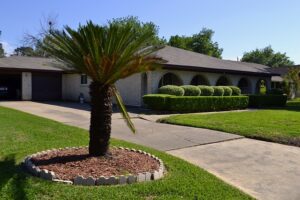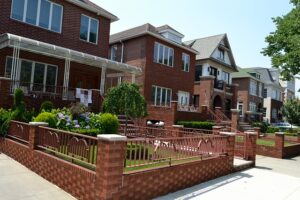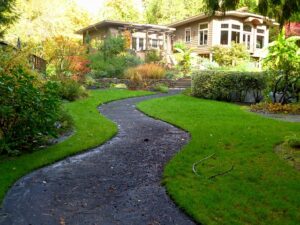Introduction
When it comes to creating a quiet and peaceful environment, soundproofing your garage can make a significant difference. Whether you use your garage as a workshop, home gym, or simply want to reduce noise pollution, soundproofing techniques can help you achieve a more serene space. In this article, we will explore various methods and strategies to soundproof your garage effectively.
Identify the Noise Sources
Before you start soundproofing your garage, it’s essential to identify the primary sources of noise. Common noise sources in garages include traffic noise, neighboring houses, and mechanical equipment such as garage doors and HVAC systems. By understanding the sources, you can focus your soundproofing efforts more effectively.
Seal Gaps and Cracks
One of the simplest and most effective ways to soundproof your garage is by sealing any gaps and cracks. These openings can allow noise to enter or escape your garage. Inspect the walls, windows, doors, and ceiling for any gaps or cracks and use caulk or weatherstripping to seal them. Pay particular attention to areas around windows, doors, and electrical outlets.
Insulate the Walls
Insulating the walls of your garage can provide both thermal and soundproofing benefits. Fiberglass insulation is commonly used for this purpose. Install insulation between the wall studs, ensuring that it fits tightly and covers the entire wall surface. Additionally, consider using soundproof drywall or mass-loaded vinyl as an extra layer of sound insulation.
Soundproof the Garage Door
Garage doors are often a significant source of noise transmission. To soundproof your garage door, you can use various techniques. Start by adding weatherstripping around the edges of the door to create a tight seal. You can also attach soundproofing panels or blankets to the inside of the door. Another option is to replace your existing garage door with an insulated one, specifically designed for soundproofing.
Install Acoustic Panels
Acoustic panels are an effective way to absorb sound and reduce noise reflections within your garage. These panels are typically made from materials designed to absorb sound waves, such as foam or mineral wool. Install the panels on the walls and ceiling of your garage to minimize sound reverberation and create a more acoustically controlled space.
Consider Soundproof Flooring
If you use your garage as a workshop or exercise area, soundproof flooring can help reduce impact noise and vibrations. Rubber mats or interlocking floor tiles made from materials like rubber or cork can provide sound insulation and cushioning. These materials absorb vibrations and prevent them from traveling through the floor, reducing the noise transmitted to the surrounding areas.
Conclusion
Soundproofing your garage can significantly improve the comfort and tranquility of the space. By identifying the noise sources and implementing various soundproofing techniques such as sealing gaps, insulating walls, soundproofing the garage door, installing acoustic panels, and using soundproof flooring, you can create a quieter environment. Remember to assess your specific needs and budget before choosing the most suitable soundproofing methods for your garage.
References
– soundproofcow.com
– soundproofingtips.com
– diynetwork.com













